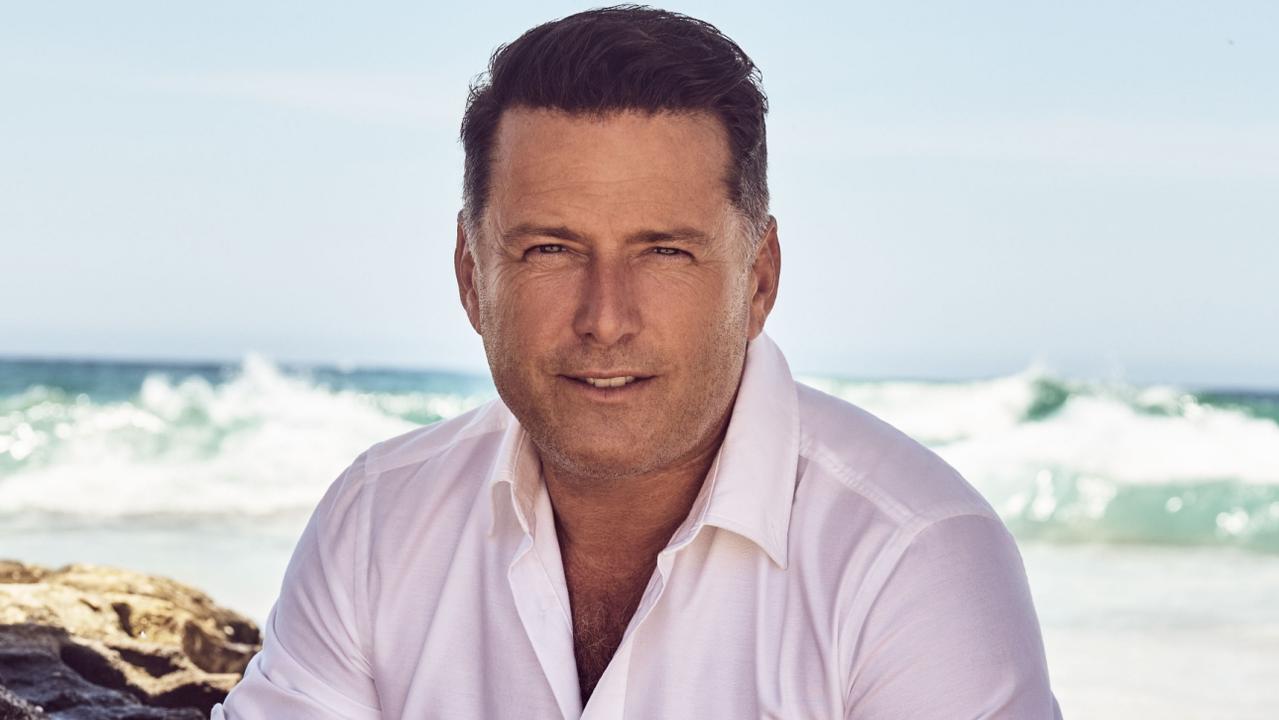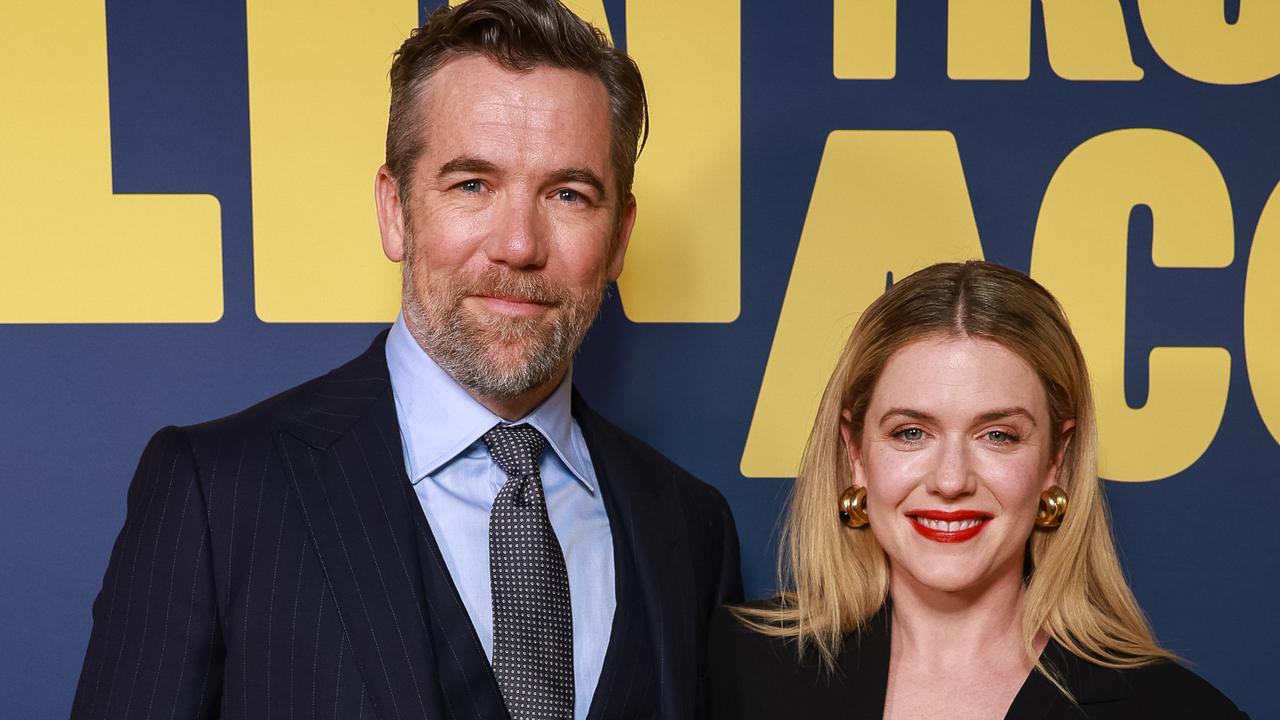Shyla Heal: ‘I was so shocked. I did not see it coming’
In her first interview since being cut from the US WNBA, Shyla Heal, daughter of basketball legend Shane, reveals the devastating way the news was delivered while alone in a foreign city.
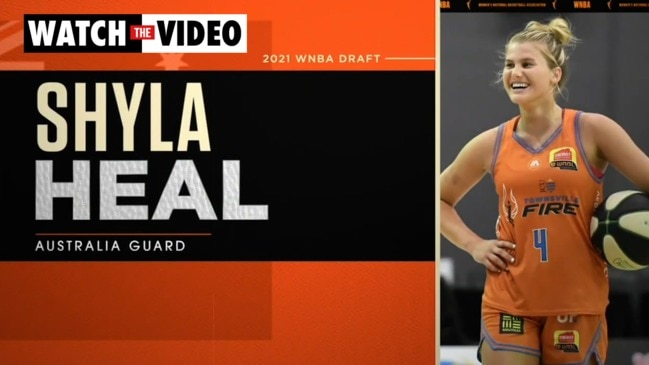
Stellar
Don't miss out on the headlines from Stellar. Followed categories will be added to My News.
Earlier this year, on the eve of being drafted into America’s Women’s National Basketball Association (WNBA), Shyla Heal sat down with Stellar for her first in-depth profile and a photo shoot that played up her sporty ambitions.
In the chat, Heal – daughter of Australian basketball legend Shane Heal – recounted how from the age of six she dreamt of playing in the toughest basketball league in the world.
She talked about what it had felt like to make the cut to train with the Australian Opals, and expressed awe at the fact she was on the cusp of going international. But above all else, Heal said she felt her most important accomplishment would extend to her legacy off the court as an inspiration to young women.
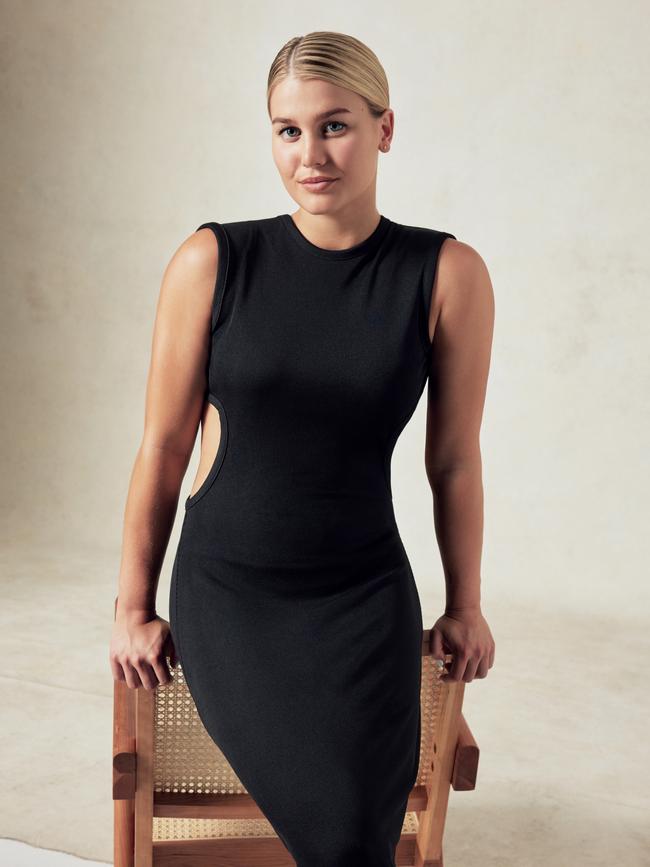
She finished the interview by telling Stellar, “I don’t want to be known for just basketball. I’d like to be known as someone for younger girls to look up to.”
As 2021 starts drawing to a close, the 20-year-old is once again sitting down with and posing for Stellar – this time, though, and by her own admission, she is a very different person.
Because while her dreams did come true, they were also dashed. In April, she was indeed drafted in the first round to play basketball in the US, for Chicago Sky.
But just five games into her season, and only days after learning she had missed out on a place with the Australian Olympic team, Heal was sensationally traded and cut from the WNBA.
Through tears, she tells Stellar, “I’m slowly coming out of one of the lowest points in my life.” And it is the story she tells next that is likely to ensure she continues to achieve that ultimate goal of being a role model.
Speaking for the first time about her dramatic exit, Heal explains that while she knew the WNBA was cutthroat, the discussions she’d had with her coach James Wade left her feeling confident she had years to find her feet.
“From the very start my coach knew I hadn’t played a game in a while,” she says. “And obviously I was really young compared to other girls. But his whole pitch to me was, ‘We know you’re going to be a star in the league. It’s going to take you some time.’”
While Stellar was yet to hear back from Wade so he could comment before going to print, Heal believes a torrent of bad luck – the team lost three of its five star players to injury and absence, and also lost five games in a row – led Wade to determine that her time to prove herself had already run out.
While waiting with the team at an airport gate in Chicago as she prepared to board a plane to Phoenix for their first away game of the season in June, Wade pulled Heal aside.
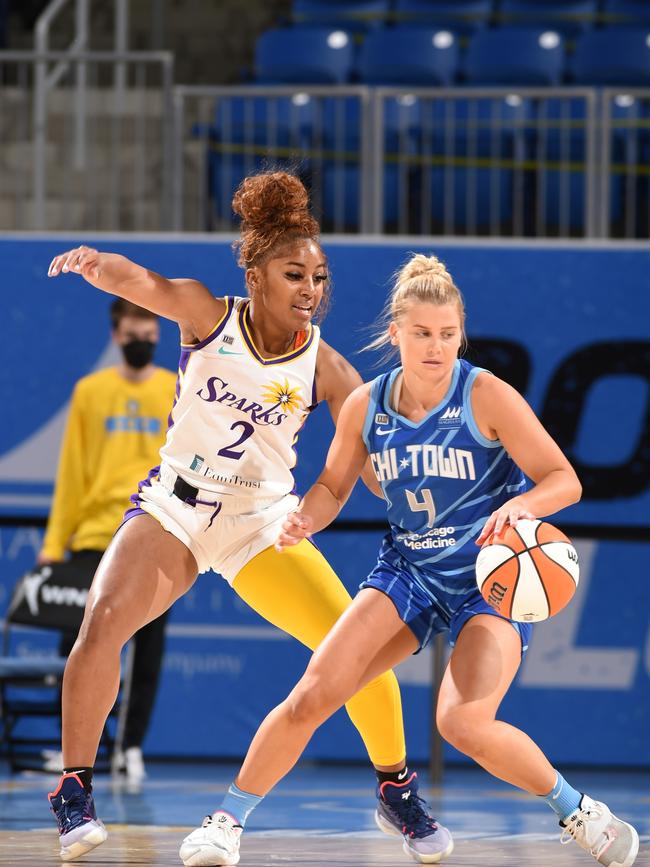
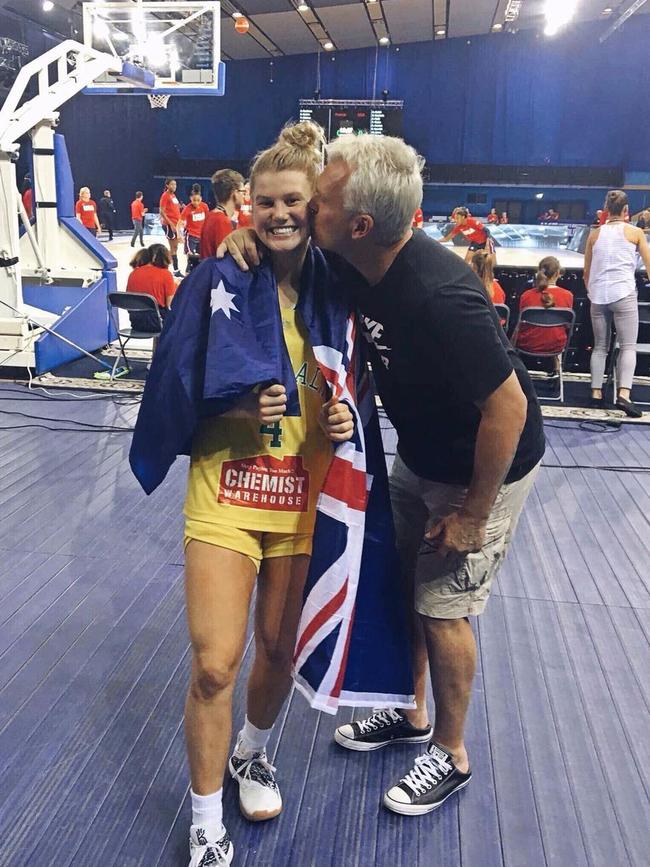
“I was all excited because it was my first away trip, but [Wade] wasn’t smiling at all. He was really serious. And then he said, ‘Look, I know you’re going to be a star, but you’ve been traded to Dallas and they’ve cut you.
“You need to figure out how to get your bags off this plane. You have three days and if no team picks you up, then you’re on your way home.’”
Heal, whose family had been unable to join her in Chicago because of Covid, adds the news was even harder to digest given the way it was delivered.
“I was so shocked. I just did not see it coming. Especially as I [was] boarding a flight… I guess the coach kind of just freaked out and needed people to blame, even though I didn’t do anything wrong,” she says.
“And the worst part was it was 3am back home. So I was trying to call my family and no-one was answering. I just sat on the floor [crying] for ages.”
Alone in a foreign city, Heal was left to work out how she would get herself on a flight back to Australia, all the while knowing that once she landed at home, there would be another two weeks in quarantine before she could see her family.
“Previously my mental health had been really good,” she says. “But it hit me in quarantine. I was crying all the time – because there’s nothing to do in quarantine but think about everything that’s happened.”
It hardly helped that her phone – which she would normally have relied on as a source of entertainment and a way to keep herself distracted while she waited out her days in a sealed hotel room – became a hotbed of hate as some American basketball fans trolled and abused her online and via social media.
“I was just reading all that and I was really anxious,” she says. “I was depressed. I lost all my motivation. I remember my manager got me a treadmill and I was just like, what for?”
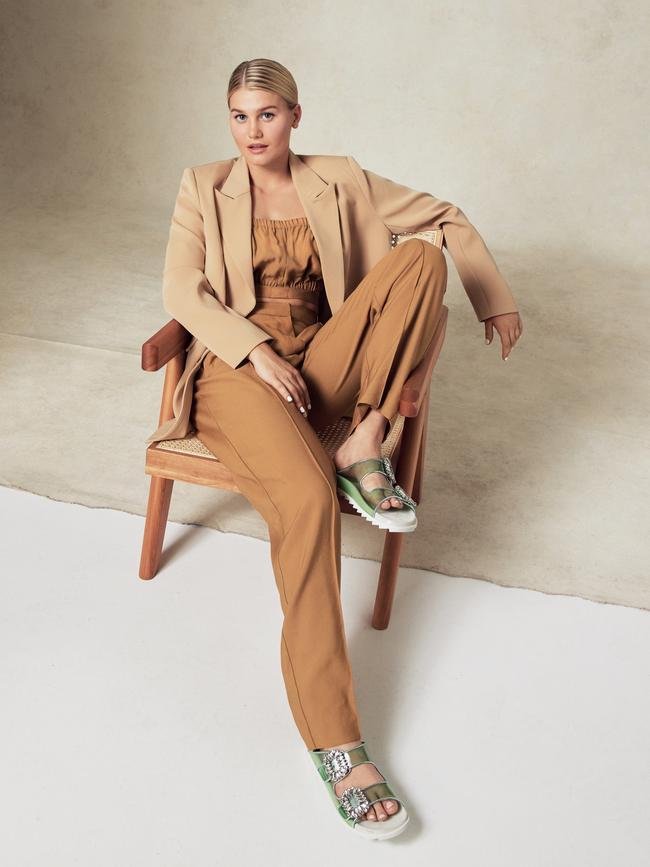
Despite her father’s encouragement that she work to get herself back on the court once she was out, Heal decided to take time off. She did listen to her parents’ advice that she start seeing a sports psychologist, which she admits was out of her comfort zone.
“I never really wanted to talk about my feelings. I was worried about the [stigma], like, what would it look like if I saw a psychologist? But talking about how you feel makes such a difference,” she says.
“That’s how I started getting motivated again and started setting new goals. I’ve learnt to use failure as fuel.”
Now Heal has signed to play for the Sydney Uni Flames in the Australian Women’s National Basketball League (WNBL), with her father as coach.
“I’m feeling the best I’ve ever felt – better than last year. And I had a great season
last year, so I’m really looking forward to this season,” she says, before wryly observing: “Surely I can’t get cut here!”
Despite the rough experience, Heal remains goal-oriented and says she has not ruled out a return to the WNBA if another opportunity arises.
“The biggest positive I took out of what happened is [that] when I got to America, I realised I can compete in the league.” Even, she says, if it seemed as if some of her teammates weren’t eager for her to succeed.
“I knew as a rookie, I had to earn their respect. I knew they weren’t going to be friendly straight away. But none of them were really supportive at all. None of them really tried to help me at all. On the court, everyone is there for themselves.”
That realisation is driving Heal’s desire to help rebuild the Australian women’s basketball team after its disappointing Olympic performance.
“In Australia, it’s a big team environment. We help each other, especially when someone is new.”
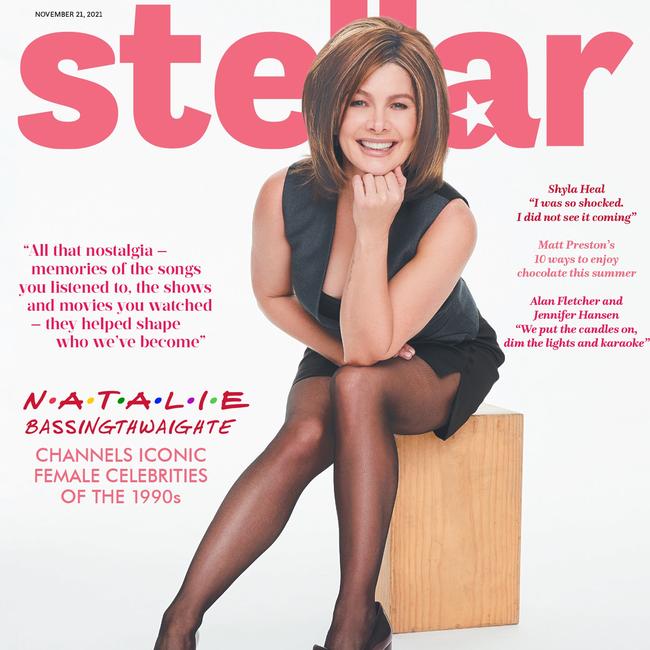
She knows it’s a cliché, but Heal says she’s learning that failure only made her stronger. “A lot of people respect me more now that I’ve had a setback. The day I got cut, I had double the amount of messages [of support] than when I got drafted, and they were saying how [well] I reacted to it all,” she said.
And that’s why she’s wanted to do this interview. Because it’s this message she wants to pass on to those young women she referenced at the start of the year.
“You have to expect to have setbacks – that’s just going to happen. But I’ve learnt the biggest and most important thing is how you react to it,” she says.
“At the end of the day, your mentality is everything. It’s about deciding if the setback will either make or break your story.”




